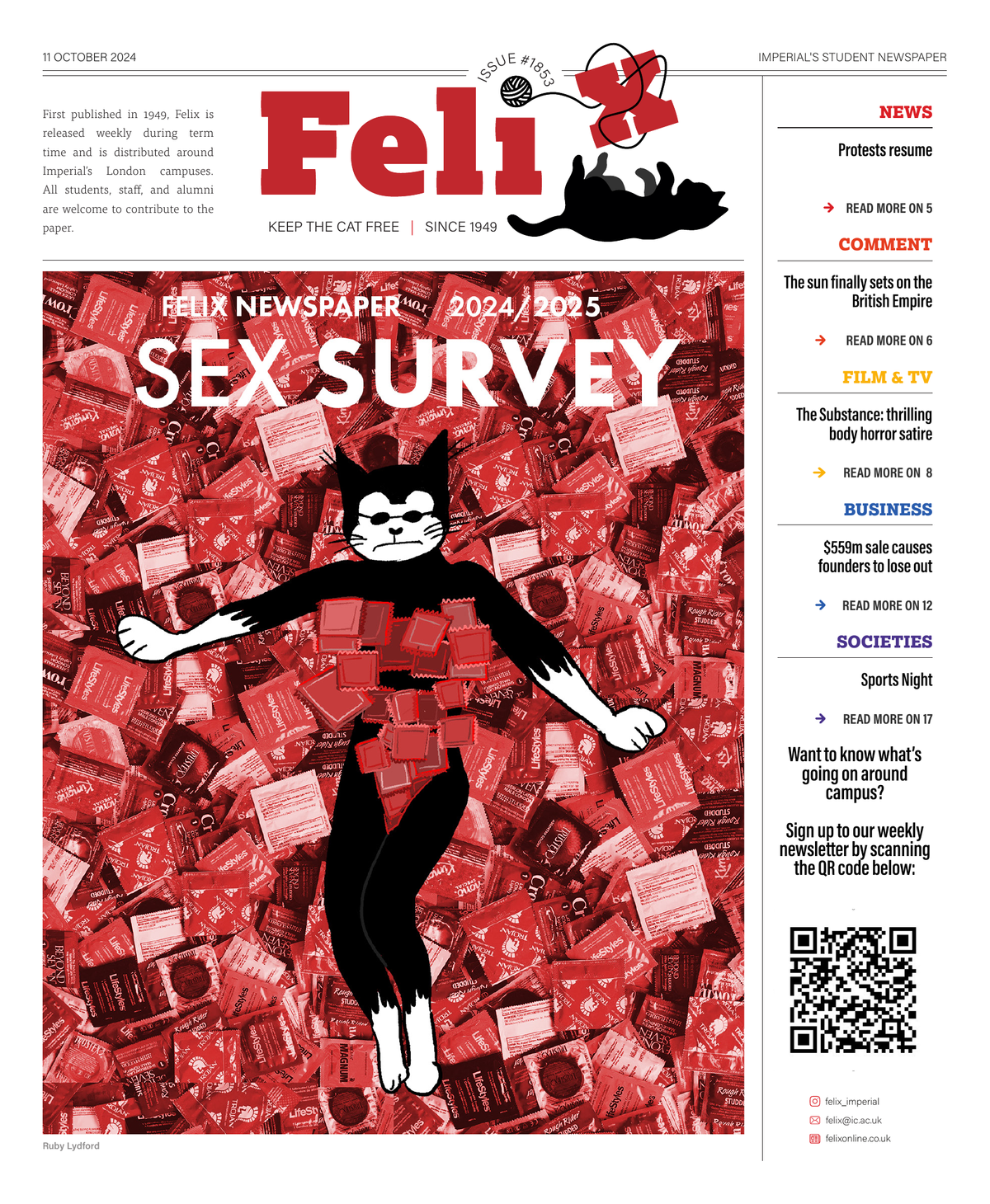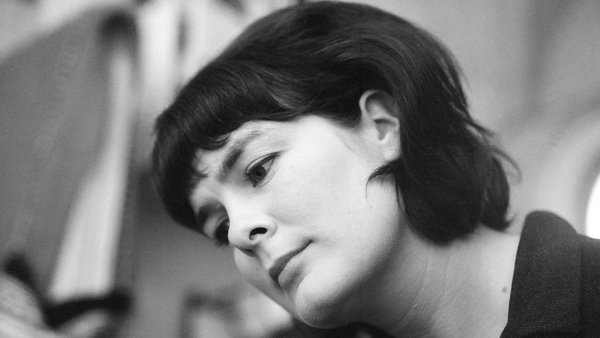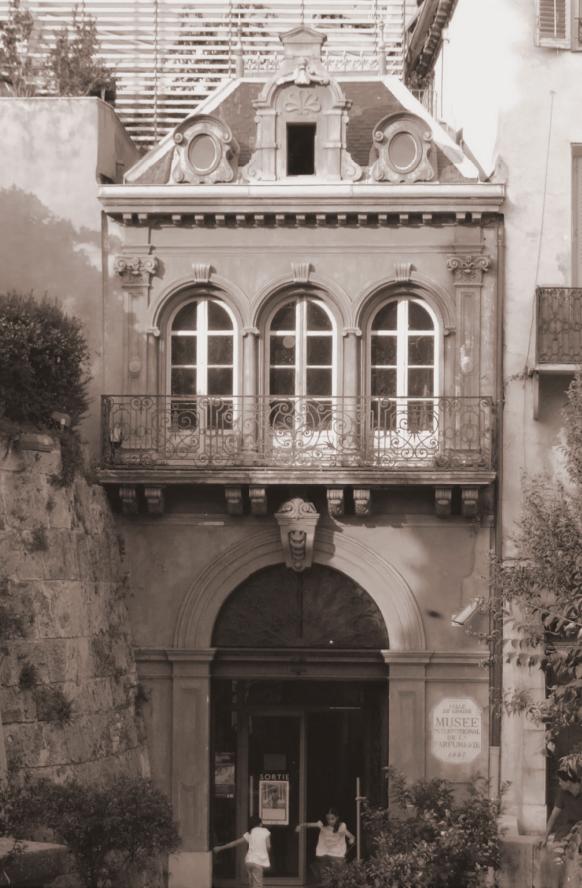Ink and Identity: Narratives of Palestine
Nadeen reflects on texts based on and around Palestine that deeply resonated with her.
This week marks a year since the beginning of Israel's ongoing bombardment in Gaza, an event that has intensified focus on the Palestinian struggle. From large-scale protests across the UK to our own university encampment, there has been an increase in global conversation about the realities Palestinians face.
However, the story of Palestine did not begin recently, nor is it confined to moments of publicized crisis. It stretches back thousands of years. One of the most enduring ways this history has been persevered and shared is through literature, a powerful medium for the narration of displacement, exile, and resilience.
Over the past year, three works by Palestinian authors have particularly resonated with me, offering historical, personal, and fictional perspectives on Palestine. These books not only offer intimate insights into the Palestinian experience but also invite readers from all backgrounds to engage with the rich culture and humanity of a people whose voices are often marginalized. What makes these works so compelling is their stylistic diversity — one is a scholarly exploration, another a deeply personal memoir, and the third a piece of fiction — demonstrating the versatility of Palestinian literature in addressing its complex issues.
Palestine: A Four Thousand Year History by Nur Masalha
Nur Masalha’s novel is a scholarly yet accessible work that dismantles myths about Palestine being a land without a people. Masalha traces the history of Palestine from antiquity to modern times, illustrating its deep roots in the region’s history and geography. I found this book particularly powerful because it educates readers on how Palestine’s existence predates colonial narratives, emphasizing that the land and its people have a long and complex history. It’s an eye-opening read for anyone seeking to understand the historical context of the Palestinian struggle beyond modern politics.
I Saw Ramallah by Mourid Barghouti
Written after his return to Palestine following 30 years of exile, I Saw Ramallah is a deeply personal and poignant memoir by poet Mourid Barghouti. The book beautifully captures the feelings of displacement and longing for home that so many Palestinians experience. Barghouti’s reflections on the fragmented landscape, both physical and emotional, resonate profoundly with anyone who has experienced exile. His prose, poetic and sharp, offers an intimate portrayal of a homeland he knows through memory and distance. This memoir serves as a reminder of the personal costs of displacement and the enduring hope of return.
Men in the Sun by Ghassan Kanafani
Men in the Sun is a powerful novella that uses fiction to highlight the harsh realities faced by Palestinian refugees. The story follows three Palestinian men who attempt to escape the dire conditions of refugee camps by smuggling themselves to Kuwait. Kanafani’s narrative weaves together themes of exile, desperation, and betrayal, illustrating the consequences of statelessness and loss. In its brevity, this book delivers an enduring message about the human cost of displacement. Though written in the 1960s, it reminds readers that the plight of Palestinian refugees is not just a historical issue, but an ongoing struggle that echoes in the present day.









